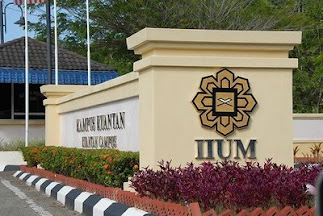Strictly speaking, biomedical science is the application of biology-based science to medical use, be it research, health monitoring or treatment. As 21st century medicine and healthcare becomes increasingly sophisticated, the demand grows for highly skilled biomedical scientists capable of performing and analysing a battery of technical procedures to screen, maintain and improve human health. Typically, the professional biomedical student works in a hospital laboratory, and may be called on to analyse metabolic disorders, perform HIV testing, blood typing or genetic tests, diagnose
 tumours or identify an infectious micro-organism. In doing so, the biomedical scientist requires an understanding of medical biochemistry, microbiology, clinical and medicinal chemistry, pharmacology, cell and molecular biology, anatomy, physiology, pathology and/or cytology. They must also be discreet, well-organised, meticulous and able to communicate their findings to medics delivering treatment.
tumours or identify an infectious micro-organism. In doing so, the biomedical scientist requires an understanding of medical biochemistry, microbiology, clinical and medicinal chemistry, pharmacology, cell and molecular biology, anatomy, physiology, pathology and/or cytology. They must also be discreet, well-organised, meticulous and able to communicate their findings to medics delivering treatment.Biomedical Science is a continually changing, dynamic profession with long-term career prospects including management, research, education and specialised laboratory work. Most biomedical scientists work in hospital laboratories to support the work of clinicians and general practitioners, but some are employed in public health (water, foodstuffs), veterinary laboratories (disease monitoring), blood banks, forensics, pharmaceuticals development and, of course, basic medical research. Because of the expected level of numeracy and organisation in a successful biomedical science trainee, many skills are more widely transferable, and many also provide a stepping stone to further medical training.




